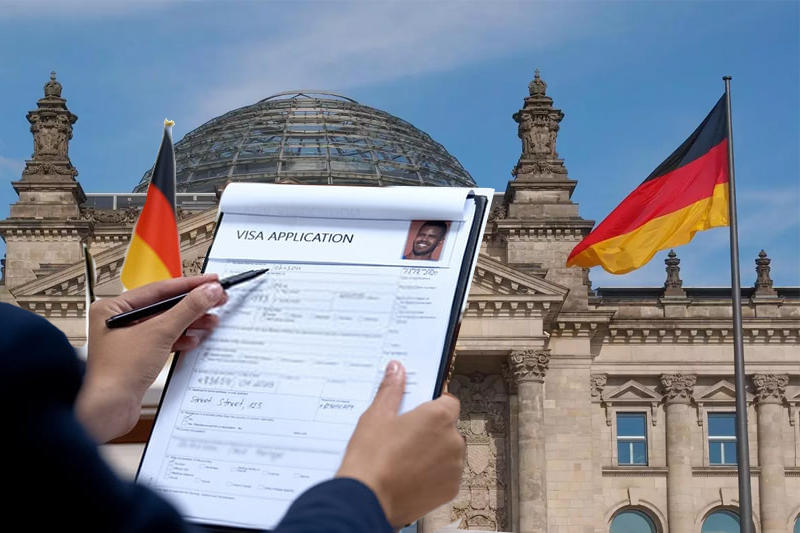
moving to germany will be easier if you can fill one of these skill gaps
 German – To attract skilled foreign workers, Germany is simplifying its immigration system.
German – To attract skilled foreign workers, Germany is simplifying its immigration system.
As a result of a growing labor shortage, the country is looking for people who want to come to Germany to share their skills, experiences, and passions.
Plans for a new points-based visa system could make it easier for skilled workers to move to the country. But what professions do they hope to attract?
Germany focuses on both academic and professional skills
At this month’s Skilled Workers’ Summit, the German government stressed that academic and vocational training are of equal importance.
Addressing specifically the skilled craftsmen, electrical engineers, IT professionals, carers, nurses, catering and hospitality professionals in the appeal on the government’s “Make it in Germany” YouTube channel, Habeck adds: “We welcome people from all over the world “.
Other in-demand professions listed on the government website include doctors and scientists. Earlier it was reported about the shortage of metallurgists and builders.
Keep Reading
Germany wants to remove bureaucratic hurdles for skilled migrant workers
In November 2021, Germany announced plans to allow dual citizenship for non-EU citizens for the first time. Previously, this was only allowed under very specific circumstances.
He also promised to streamline the application process and hinted at reducing the time someone has to live in Germany before applying for citizenship.
The move is part of Germany’s plan to modernize immigration laws and remove red tape to ease access to the German labor market.
The removal of bureaucracy is not Germany’s only attraction. Habek highlights the country’s good working conditions, high wages, training opportunities, high quality of life, affordable education, and democratic leadership as reasons to consider moving there.
Citizenship applications may also be processed on an expedited basis as part of the migrant worker retention strategy.
Although not yet confirmed, some reports suggest that skilled migrants may soon become eligible for German citizenship in as little as three years if they complete an integration course or demonstrate language skills at B1 (below intermediate) level. This is compared to the current five or eight years without an integration course.
By facilitating the recognition of professional qualifications and simplifying visa and citizenship processes, the country hopes to attract and retain a strong foreign workforce.











